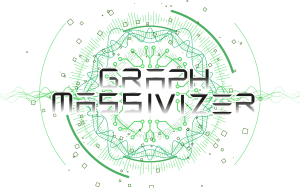Titel: SimLess: Simulate Serverless Workflows and Their Twins and Siblings in Federated FaaS
Authors: Sashko Ristov, Mika Hautz, Christian Hollaus, Radu Prodan
2022 ACM Symposium on Cloud Computing
Abstract: Many researchers migrate scientific serverless workflows or function choreographies (FC) on Function-as-a-Service (FaaS) to benefit from its high scalability and elasticity. Unfortunately, the heterogeneous nature of federated FaaS hampers decisions on the most appropriate configuration setup to run FCs. Consequently, scientists must choose between accurate but tedious and expensive experiments or simple but cheap but less accurate simulations. Unfortunately, related work mainly supports either simulation models for serverfull workflow applications that run on virtual machines and containers or partial FaaS models for individual serverless functions that focus on execution time and neglect various kinds of federated FaaS overheads. Therefore, this paper introduces SimLess, an FC simulation framework across multiple FaaS providers to achieve accurate FC simulations with a simple and cheap parameter setup. Unlike the costly approaches that use machine learning over time series to predict the behavior of FCs, SimLess introduces two light concepts: (1) twins, representing the same code deployed with the same computing, communication, and storage resources, but in other cloud regions of the same FaaS provider, and (2) siblings, representing the same code deployed in the same region with different computing resources. The novel SimLess simulation model splits the round trip time of a function into several parameters reused among twins and siblings without running them. We evaluated SimLess with two scientific FCs deployed across 18 AWS, Google, and IBM regions. SimLess simulates the cumulative overhead with an average inaccuracy of 8.9% without significant differences between regions for learning and validation. Moreover, SimLess generates an inaccuracy of up to 9.75% for a low concurrency FC executed on a single region, with high concurrency of 2500 functions executed in other regions. Finally, SimLess reduces the parameter setup cost by 77.23% compared to the existing simulation approaches.





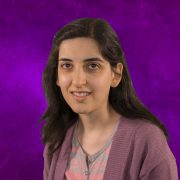
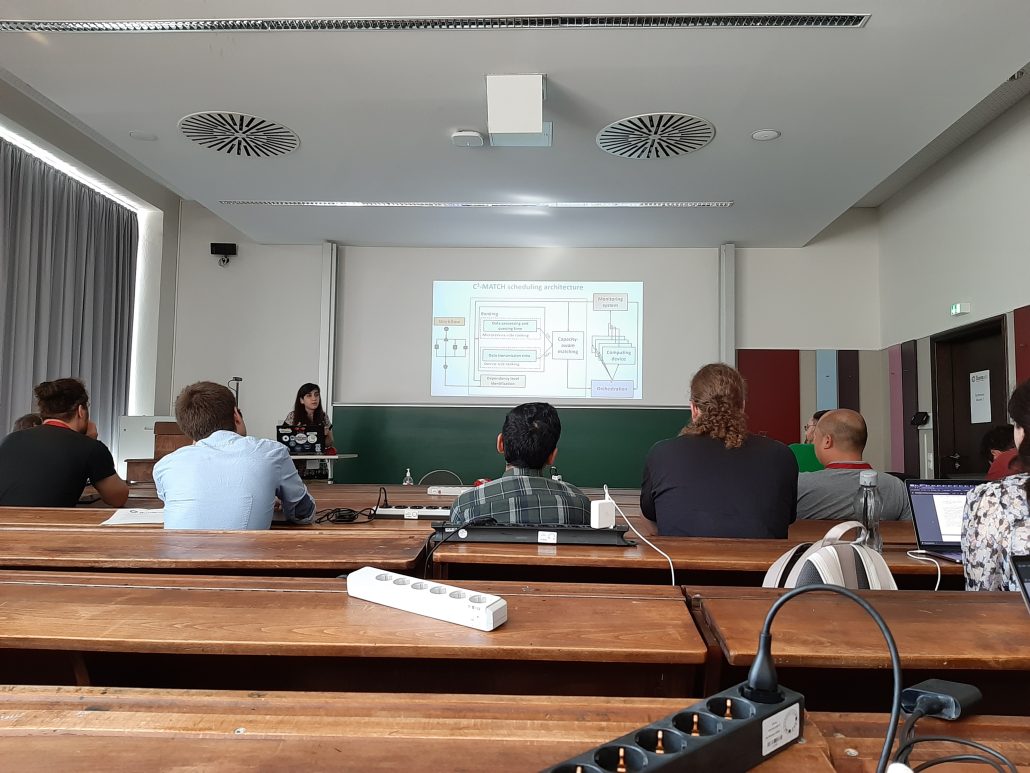
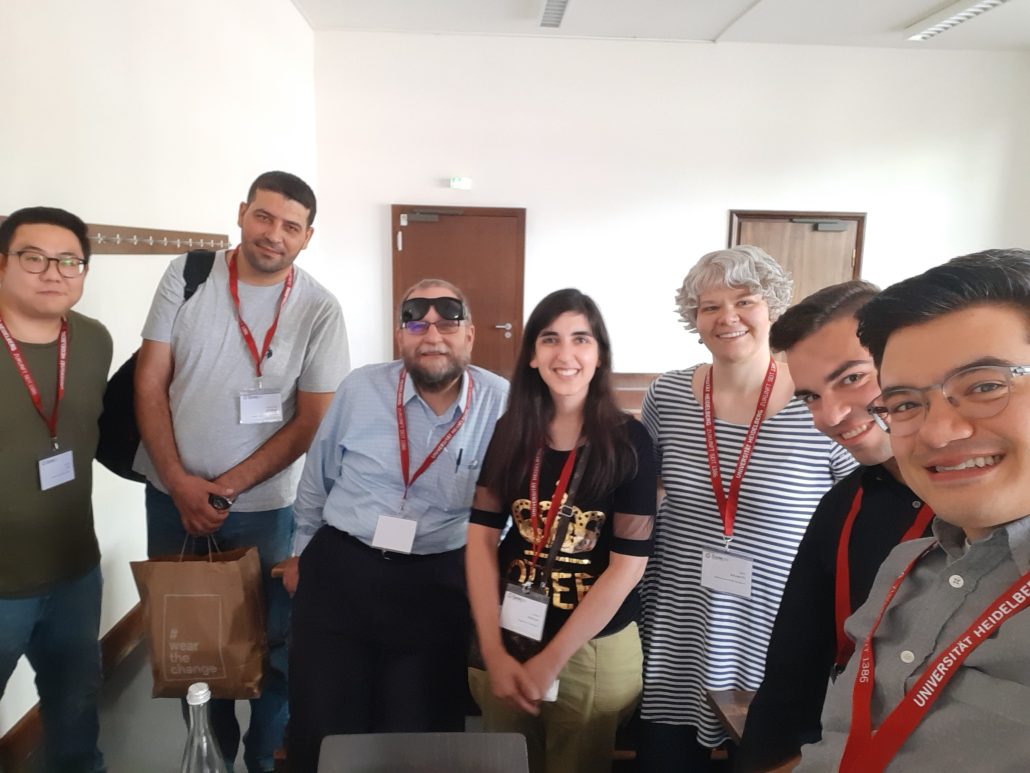
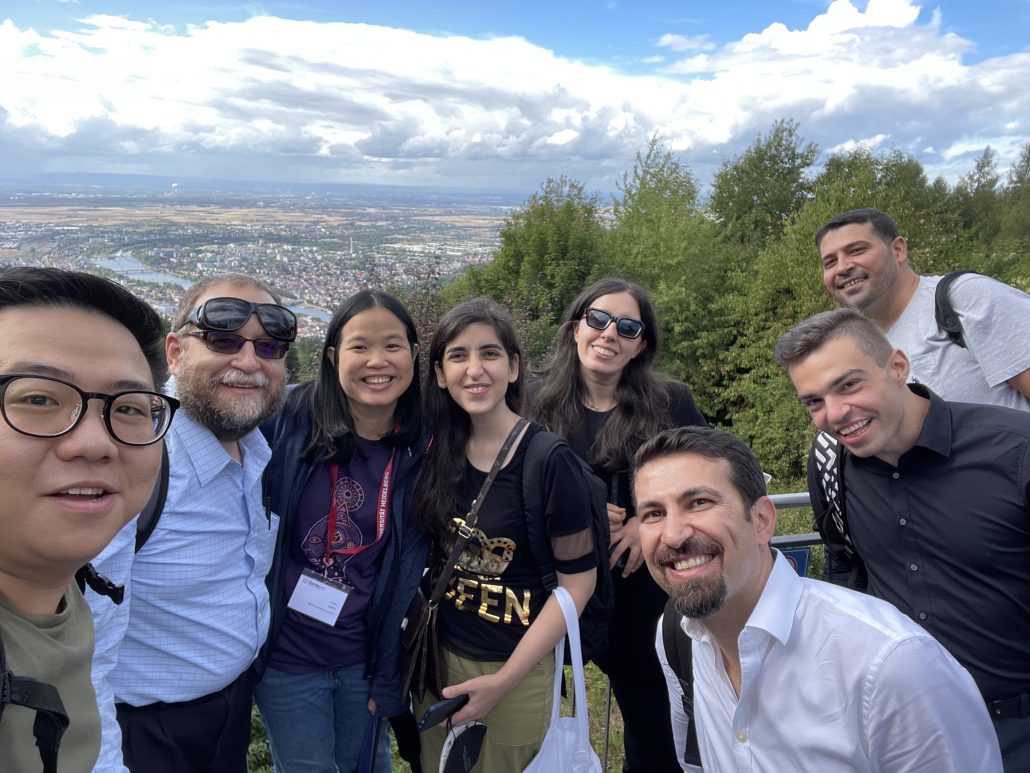
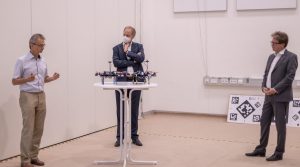

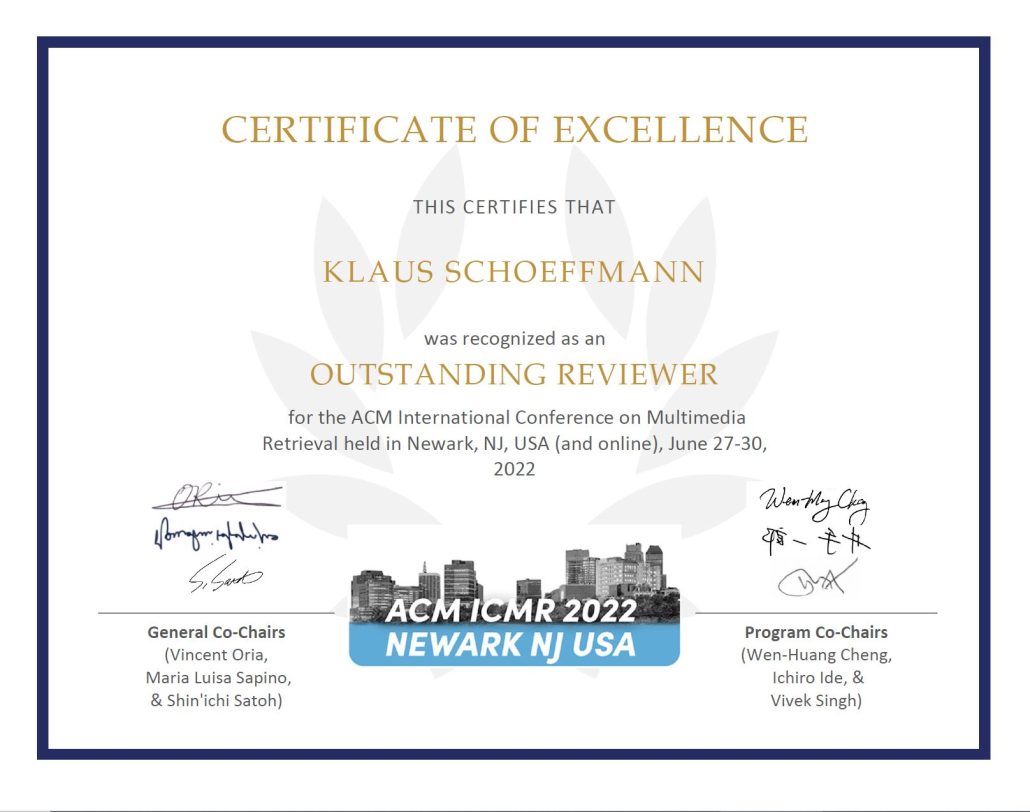 For the quality and timeliness of his reviews, Klaus Schöffmann has been awarded with the Outstanding Reviewer Award at the ACM International Conference on Multimedia Retrieval (ICMR) 2022, which was held at Newark, NJ, USA in June 2022.
For the quality and timeliness of his reviews, Klaus Schöffmann has been awarded with the Outstanding Reviewer Award at the ACM International Conference on Multimedia Retrieval (ICMR) 2022, which was held at Newark, NJ, USA in June 2022.